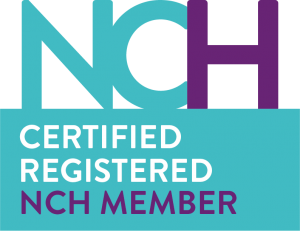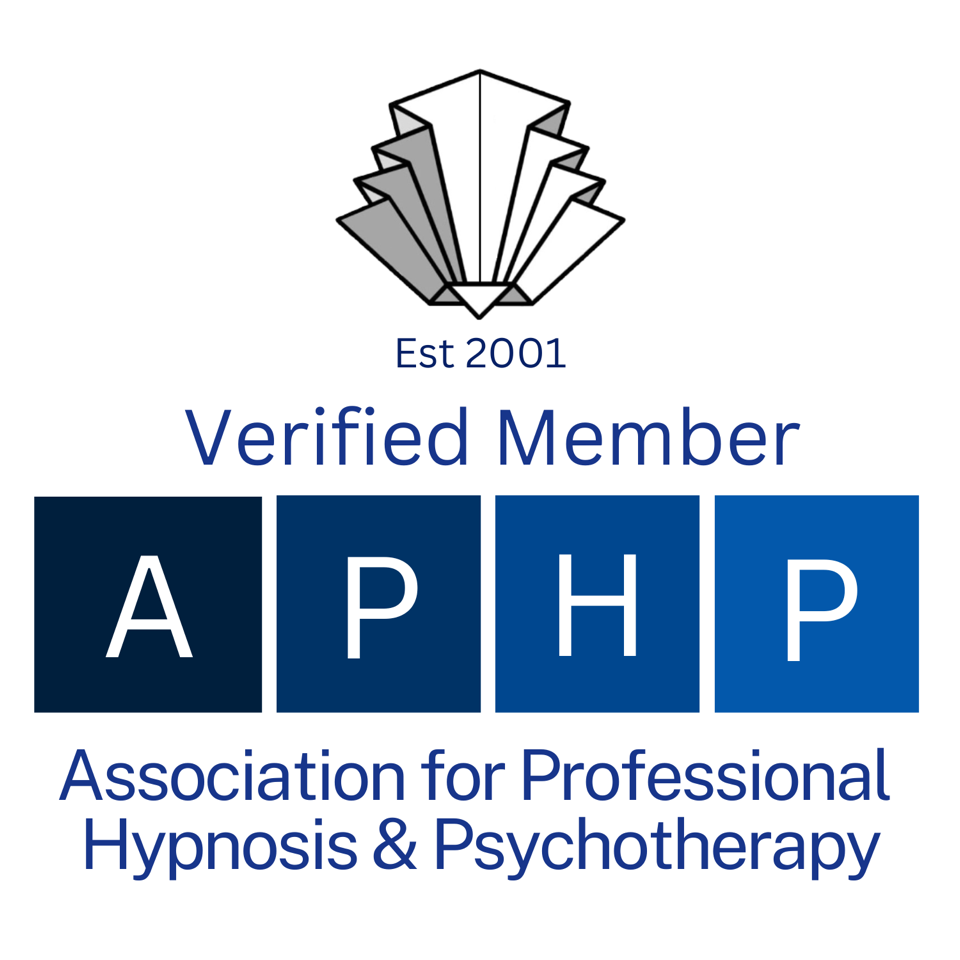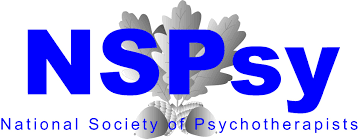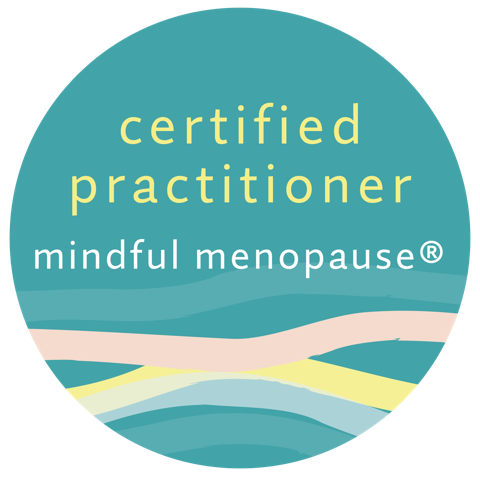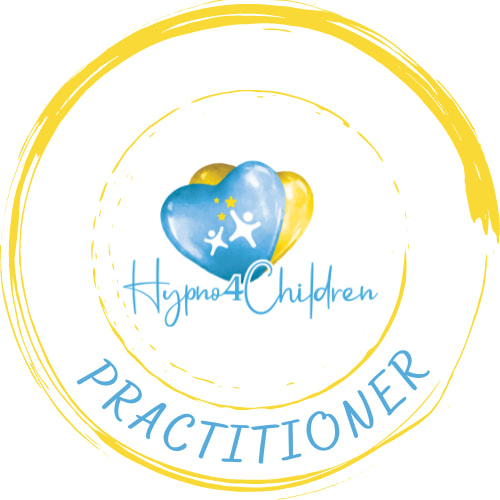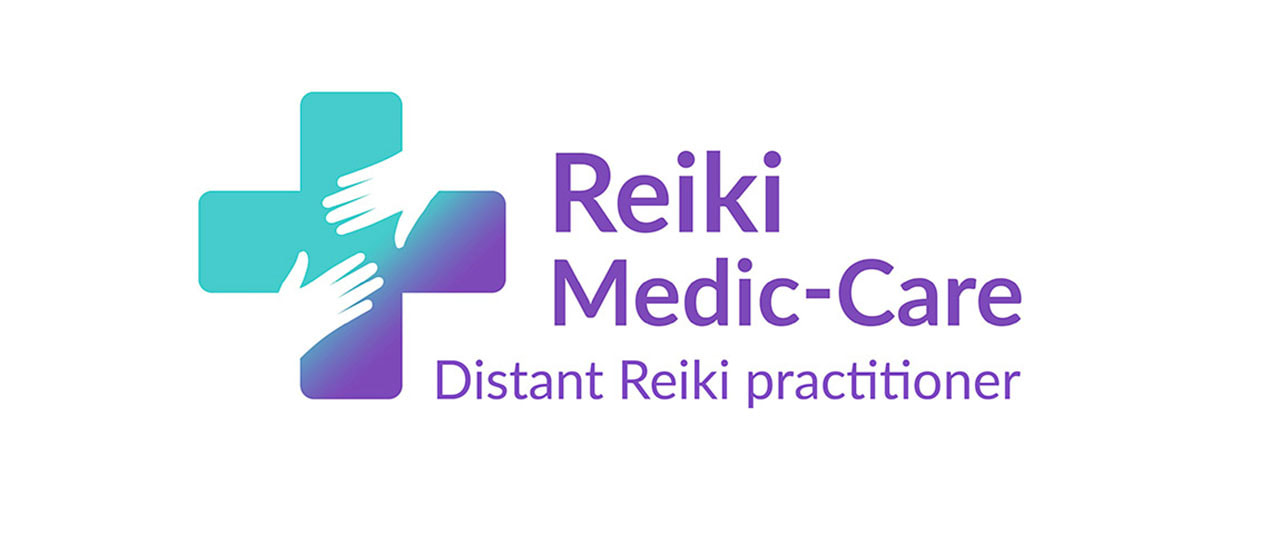Your Thoughts Affect Your Behaviour
What is NLP?
Neurolinguistic programming (NLP) studies the ways our thoughts affect our behaviour. It looks at the ways our brains interpret signals and how these interpretations affect what we do. NLP is a way of changing someone’s thoughts and behaviours to help achieve desired outcomes and typically comes within an integrative approach of Hypnotherapy.
NLP uses perceptual, behavioural, and communication techniques to make it easier for people to change their thoughts and actions. It does this through language – the linguistic part of neuro linguistic programming techniques. By examining how our brains process information, NLP techniques help us to look at our thoughts, feelings and emotions and patterns of behaviour learned through experience to specific outcomes, and to identify these as things that we can control, rather than things that passively happen to us.
NLP therapists work with people to understand their thinking and behavioral patterns, emotional state, and aspirations. By examining a person’s map, the therapist can help them find and strengthen the skills that serve them best and assist them in developing new strategies to replace unproductive ones. This process can help individuals in therapy reach treatment goals.
Rather than looking into the content of a problem, as is the case with most traditional therapies, we look at how you have formed it, such as the feelings and images you hold in our mind, and we can very quickly and effectively reset those feelings.
Together, using NLP, we are resetting your mind to the time before the issue arose. similar to hitting the reset key after closing all open tabs on a computer. Most of the time, I can work with you "content free," so you are not required to constantly discuss your painful events, unless you feel the need to.
NLP uses perceptual, behavioural, and communication techniques to make it easier for people to change their thoughts and actions. It does this through language – the linguistic part of neuro linguistic programming techniques. By examining how our brains process information, NLP techniques help us to look at our thoughts, feelings and emotions and patterns of behaviour learned through experience to specific outcomes, and to identify these as things that we can control, rather than things that passively happen to us.
NLP therapists work with people to understand their thinking and behavioral patterns, emotional state, and aspirations. By examining a person’s map, the therapist can help them find and strengthen the skills that serve them best and assist them in developing new strategies to replace unproductive ones. This process can help individuals in therapy reach treatment goals.
Rather than looking into the content of a problem, as is the case with most traditional therapies, we look at how you have formed it, such as the feelings and images you hold in our mind, and we can very quickly and effectively reset those feelings.
Together, using NLP, we are resetting your mind to the time before the issue arose. similar to hitting the reset key after closing all open tabs on a computer. Most of the time, I can work with you "content free," so you are not required to constantly discuss your painful events, unless you feel the need to.
Benefits of NLP
NLP produces fast, lasting results and improves understanding of cognitive and behavioural patterns. NLP also seeks to build effective communication between conscious and unconscious mental processes to help people increase creativity and problem-solving skills.
Because NLP techniques focus on making behavioural changes, they can be used for a variety of different goals. NLP is not hypnotherapy. Instead, it operates through the conscious use of language to bring about changes in someone’s thoughts and behaviour.
I use NLP by itself or with other types of therapy, such as hypnotherapy and EFT Tapping, to help treat depression and anxiety. It can be used to treat phobias in particular, as well as other expressions of anxiety such as panic attacks. Together we will work to reveal the your“map,” the unproductive patterns that make us feel stuck, and then write a new map that replaces those with empowering habits and effective strategies.
Neuro linguistic programming can benefits those also interested in personal growth – it's action-oriented nature and focus on growth mean that NLP can help you to reprogram your brain to achieve your goals.
Because NLP techniques focus on making behavioural changes, they can be used for a variety of different goals. NLP is not hypnotherapy. Instead, it operates through the conscious use of language to bring about changes in someone’s thoughts and behaviour.
I use NLP by itself or with other types of therapy, such as hypnotherapy and EFT Tapping, to help treat depression and anxiety. It can be used to treat phobias in particular, as well as other expressions of anxiety such as panic attacks. Together we will work to reveal the your“map,” the unproductive patterns that make us feel stuck, and then write a new map that replaces those with empowering habits and effective strategies.
Neuro linguistic programming can benefits those also interested in personal growth – it's action-oriented nature and focus on growth mean that NLP can help you to reprogram your brain to achieve your goals.
- Thoughts - NLP can help those who suffer from low self-esteem, or obsessive thoughts about someone or something. For example, they may not be able to rid their minds of the idea that a partner is unfaithful, or that they are suffering from an illness despite medical reassurance. Hypnotherapy can help them banish such obsessions.
- Emotional Difficulties - many people suffer from a wide variety of distressing feelings such as anxiety, stress, panic attacks, anxiety, jealousy, guilt, anger or inadequacy. Whatever the feeling, NLP can offer an effective, natural treatment without any unpleasant side effects.
- Fears and Phobias - Many often experience an irrational fear of a variety of insects, animals, objects or situations. NLP is renowned for its effectiveness in helping sufferers overcome these distressing and inhibiting conditions.
- Habits and Addictive Behaviours - People can find themselves in the grip of habits or patterns they seem unable to control, from over eating, nail-biting or smoking to more deep-seated compulsions. NLP can help them overcome such habits.
What to Expect in an NLP Session
I can provide sessions in my therapy room or remotely online. We have an initial consultation where we discuss your medical history and needs and agree a plan of action. If you suffer from depression, epilepsy or asthma I will need your GP's consent to work with you and will write to your surgery Practice Manager Requesting this.
A session typically lasts for 1 hour. During a a session we will use a mix of therapeutic approaches to deal with the situations that you find challenging, working to release, frame and refocus.
At the end of a session/treatment plan we will agree next steps. As we work collaboratively it is important that you undertake any actions we agree before the next session.
A session typically lasts for 1 hour. During a a session we will use a mix of therapeutic approaches to deal with the situations that you find challenging, working to release, frame and refocus.
At the end of a session/treatment plan we will agree next steps. As we work collaboratively it is important that you undertake any actions we agree before the next session.
An Integrative Approach to Therapy
As an integrative therapist, I blend various therapies, such as Hypnotherapy, EFT, and NLP, into a flexible hypnotherapy treatment plan tailored to your specific challenges. A thorough consultation is always required beforehand. Treatment plans remain adaptable to address issues that arise between or during sessions.
Any Questions?
Visit my FAQ page or browse through my articles.
I always welcome enquiries so drop me a line to discuss any further questions you may have.
I always welcome enquiries so drop me a line to discuss any further questions you may have.
Ready?Book your FREE Consultation NOW!
|
Reiki | Hypnotherapy | Massage | Book Appointment | Blog | FAQS | Events |
About Me | Find Me | Contact Me
Terms of Business | Privacy Policy
Providing Hypnotherapy, NLP, EFT, Reiki Healing, Spiritual Readings, Massage & Holistic Therapy Treatments and Workshops in Hampshire: Basingstoke, Alresford, Alton, Winchester and the surrounding areas.
About Me | Find Me | Contact Me
Terms of Business | Privacy Policy
Providing Hypnotherapy, NLP, EFT, Reiki Healing, Spiritual Readings, Massage & Holistic Therapy Treatments and Workshops in Hampshire: Basingstoke, Alresford, Alton, Winchester and the surrounding areas.


